New non-profit microlender launches grant program for struggling small businesses in LA County
June 1st , 2021, Oakland, Calif. – TMC Community Capital (TMC CC), a nonprofit microlender focused on lending to under-resourced entrepreneurs in California, was awarded $25,000 from MUFG Union Bank to support a Recovery Loan Program for small businesses impacted by the coronavirus pandemic. The program offers a unique 6-12-month deferment period that allows businesses to get back on their feet before they begin repayment.
TMC Community Capital provides affordable online financing to help entrepreneurs grow their business, create jobs, and strengthen our economy. When the Coronavirus pandemic hit, TMC CC launched this new Recovery Loan Program. With the support from MUFG Union Bank, TMC CC has been able to pivot by providing resources for survival services to the most vulnerable small businesses that make up the fabric of our communities.
“We appreciate partners like MUFG Union Bank that help make our work in the community possible,” shared TMC CC’s Program Director, Hanna Leen.
TMC Community Capital’s new Recovery Loan program allows small businesses to obtain the capital they urgently need at an extremely low (4-6%) interest rate with terms that help them recover before their first payment is due. Through the program, small business owners can take out loans ranging from $5,0000 to $50,000, with a 2-5-year term. TMC CC has already financed several loans in highly impacted industries, like fitness and entertainment. In line with their mission of equitable lending, TMC CC has committed that 60% of Recovery Loan recipients will be women business owners of color.
This loan program is making equitable economic recovery possible. Once selected for the loan program, as for all TMC Community Capital’s clients, TMC CC provides publicity for their small business borrowers through social media outreach and participation in their online community platform. Eligible businesses must have annual revenue under $3 million, be located in California, be in operation for at least one year, and have been adversely impacted by the coronavirus pandemic.


